Mel Gibson's Support for Donald Trump
The renowned actor and filmmaker, Mel Gibson, known for his roles in Hollywood classics like Braveheart and Lethal Weapon, has always managed to stay in the limelight, sometimes for his cinematic achievements and other times for his outspoken views. Now, as the U.S. gears up for another highly charged presidential election, the 68-year-old actor has once again made headlines by endorsing former President Donald Trump. His declaration came during a spontaneous interaction with paparazzi at the Los Angeles International Airport, a place frequented by celebrities, often leading to unexpected news.
Details from the Airport Exchange
Gibson's encounter with the press at the airport was nothing short of dramatic. When questioned about his voting intentions, he hesitated initially, admitting the weight of the question posed to him. Perhaps realizing that his political stance was not exactly a state secret, he eventually confirmed his support for Trump. His demeanor suggested a certainty that his choice wouldn't come as a surprise to those who have followed his career or his interviews over the years. Mel Gibson's political leanings have mostly aligned with conservative thoughts, and endorsing Trump seemed to fit in with his previous statements and beliefs.
Criticism of Kamala Harris
The conversation, however, took a provocative turn when the subject of Kamala Harris was brought up. Rather than elaborating on the reasons behind his Trump endorsement, Gibson launched into a blunt critique of the Vice-President. He didn't mince words as he labeled her as someone possessing "the IQ of a fence post." The metaphor was undoubtedly intended to challenge Harris's intelligence and presumably her capability to lead. It was a remark that many would consider harsh, but given Gibson's history of controversial statements, perhaps not entirely surprising.
Reflection on Political Views
His criticism extended beyond just her intellectual capacity. Gibson also pointed towards what he described as her "miserable track record," seemingly alluding to her political background and performance. Although he didn't provide specifics during the brief airport interaction, the implication was clear: a lack of effective policy and leadership could be detrimental to the country's future if she were to ascend to a more authoritative political role. The attack on her policies or lack thereof stands in sharp contrast with those who value Harris's progressive approach towards issues such as healthcare, climate change, and social justice.
The Wider Implications of Gibson's Remarks
Such incendiary comments from a high-profile celebrity inevitably evoke responses from all corners of the political spectrum. Those on the left were quick to come to Harris's defense, pointing out her educational background, her experience in law as a former attorney general, and her historic role as the first female Vice-President of the United States. To them, Gibson's criticism is baseless and stems from a lack of understanding or appreciation of Harris's achievements and her ongoing contributions to the American political landscape.
Conversely, some conservatives may find validation in Gibson's words, using them to reinforce their skepticism towards the current administration and those hoisting its banner into the next election cycle. To them, Gibson’s criticism resonates with the belief that current leaders, including Harris, are not adequately addressing issues critical to America’s future.
Public Reaction and the Role of Celebrity Oppinions
The episode brings to light once again the strong influence celebrities can have in political discourse. In an age where social media platforms amplify voices faster than ever, a statement made casually at an airport can go viral globally within hours. It questions the role and responsibility of public figures in shaping political opinion. Are statements made merely for personal expression, or do they carry a weight that demands accountability, especially when influencing potential voters?
Meanwhile, Mel Gibson's comments reflect more than just his personal political stance; they embody a larger narrative of division and debate ahead of one of the most significant elections in American history. The discourse surrounding his statements is just a microcosm of the political battle lines drawn in the United States today, indicative of the polarization and fervor that grips the nation.
The Outcome of Celebrity Influences
The true impact of Gibson's endorsement for Trump, or his dismissive view of Harris, will only be evident with time. While some may argue that celebrity opinions do not sway the electorate significantly, others highlight the power of celebrity endorsements in modern-day politics. In an increasingly media-driven world, every statement, especially from popular figures, garners attention, potentially shaping the thoughts and views of the public.
As the nation moves towards what promises to be an eventful election, Gibson's remarks add fuel to an already fiery political climate. They highlight the intersection between politics and celebrity culture, raising questions of credibility, influence, and the boundaries of free speech. The discussions they spawn will likely persist, illustrating the timeless dance of fame, influence, and politics.

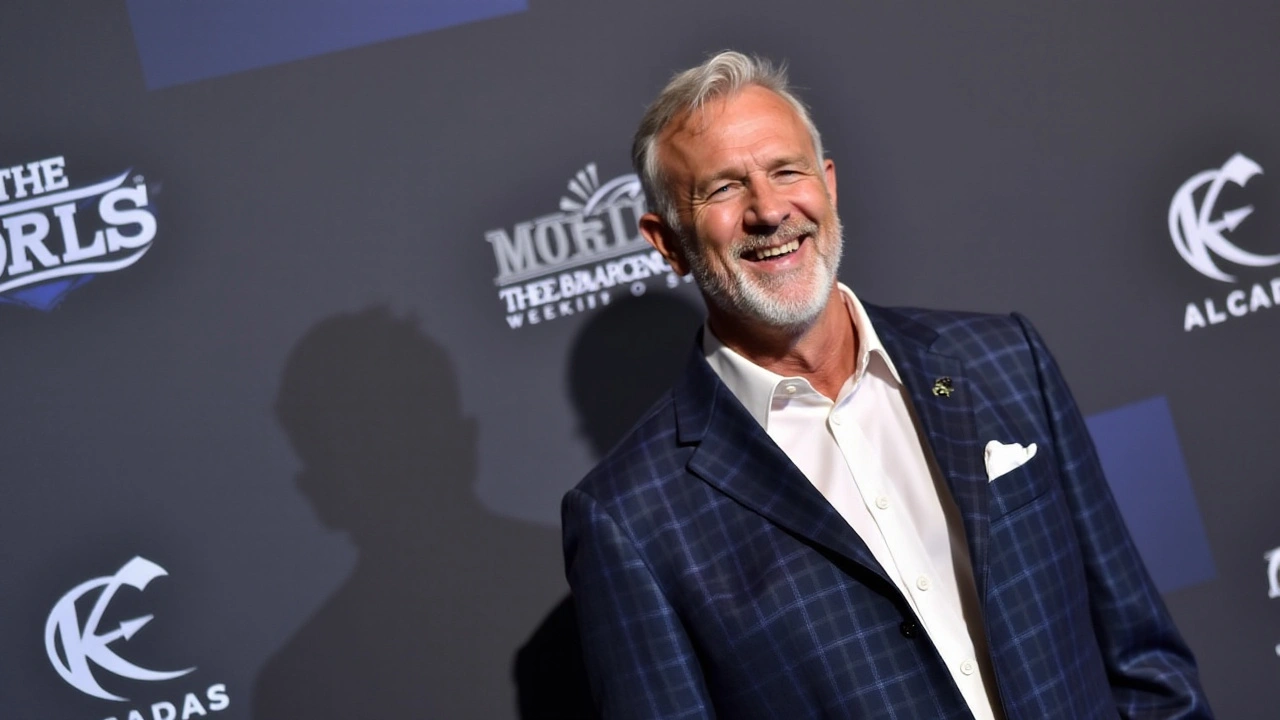

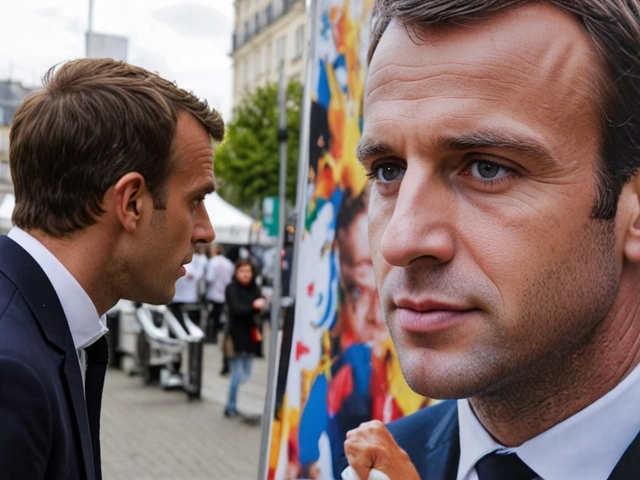
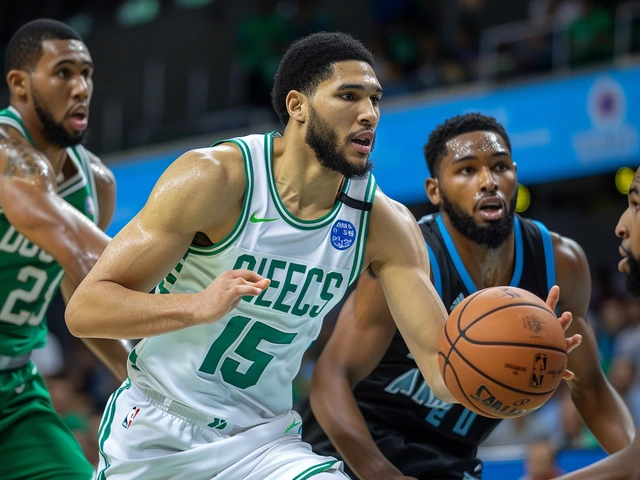

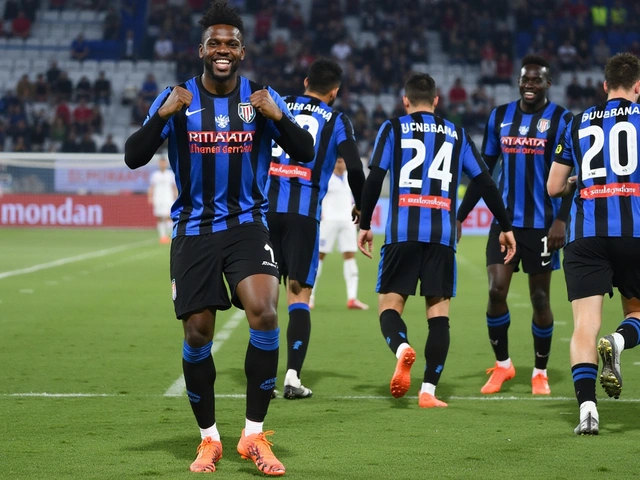
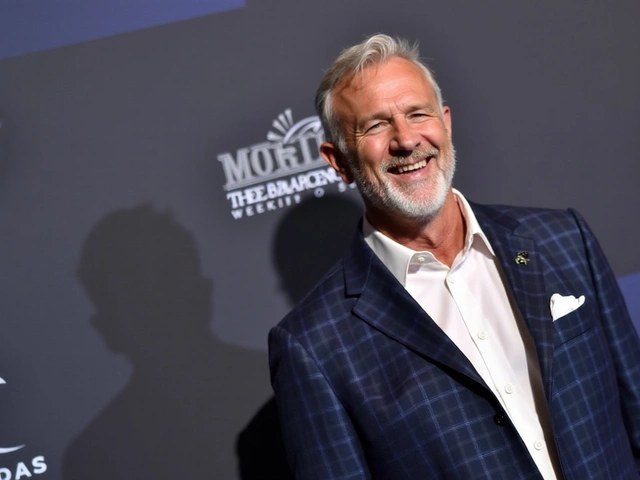

parlan caem
October 26, 2024 AT 20:38Gibson's take is as shallow as his acting.
Mayur Karanjkar
October 26, 2024 AT 22:35The discourse around celebrity political commentary often reflects a broader cultural epistemology, leveraging media heuristics to shape public perception.
Sara Khan M
October 27, 2024 AT 00:31🤦♀️
shubham ingale
October 27, 2024 AT 02:28Let's keep the vibe chill and focus on facts not drama
Ajay Ram
October 27, 2024 AT 03:25When we examine the phenomenon of a Hollywood veteran like Mel Gibson stepping into the political arena, we must first acknowledge the historical intertwining of entertainment and power structures, a relationship that dates back to the early days of radio propaganda. His blunt dismissal of Vice President Harris not only serves as a personal jab but also as a signal to a segment of the electorate that values spectacle over substance. The metaphor of "the IQ of a fence post" is a deliberate rhetorical device, crafted to provoke outrage and garner headlines, thereby amplifying his voice far beyond the confines of an airport interview. This strategy aligns with a broader trend where public figures leverage shock value to cement their relevance in an increasingly fragmented media landscape. Moreover, Gibson's endorsement of former President Trump cannot be isolated from his own career trajectory, which has been punctuated by both critical acclaim and public controversy. By aligning himself with a polarizing political figure, he reinforces a brand identity that thrives on dissent and division. Yet, the impact of such statements on actual voting behavior remains contested; scholars argue that celebrity endorsements have limited sway over informed voters, though they may reinforce pre-existing biases. The narrative surrounding Harris, meanwhile, is framed by her historic achievements and policy initiatives, which are often downplayed by detractors seeking to delegitimize her authority. It is essential to recognize that the media's amplification of Gibson's remarks contributes to a feedback loop that inflames partisan tensions. In this complex interplay, the role of the audience is not passive; consumers of this content choose which narratives to amplify through sharing, commenting, and reacting. Ultimately, the episode underscores the fragile balance between free speech and the responsibility that accompanies a platform of Gibson's magnitude, a balance that society continues to negotiate in the digital age.
Dr Nimit Shah
October 27, 2024 AT 05:21While the above analysis is elaborate, let's remember that the United States isn't a stage for dramatic monologues, and Gibson's antics do little more than distract from genuine policy discussions that matter to everyday citizens.
Ketan Shah
October 27, 2024 AT 07:18Interesting take, though I think it's worth noting how media cycles often elevate sensational soundbites over nuanced policy critique.
Aryan Pawar
October 27, 2024 AT 09:15Gibson's words are loud but the real issues stay quiet
Shritam Mohanty
October 27, 2024 AT 11:11Behind every celebrity rant lies a hidden agenda, often orchestrated by shadow networks aiming to destabilize the democratic process.
Anuj Panchal
October 27, 2024 AT 13:08Considering the pattern of coordinated messaging, it's plausible that Gibson's remarks were amplified by algorithms designed to polarize audiences.
Prakashchander Bhatt
October 27, 2024 AT 15:05Let's stay hopeful that informed dialogue can rise above the noise.
Mala Strahle
October 27, 2024 AT 17:01From a cultural perspective, the way we consume such incendiary statements reveals a collective appetite for conflict, yet it also provides an opportunity for deeper reflection on how we, as a society, negotiate the boundaries between entertainment and political responsibility. When viewers encounter a figure like Gibson, they are forced to confront their own biases and the media ecosystems that feed them, which can be both unsettling and enlightening. This tension, while uncomfortable, is a vital catalyst for growth, urging us to demand higher standards of discourse while recognizing the humanity behind every outspoken persona.
shubham garg
October 27, 2024 AT 18:58Gibson's comments are a reminder that words from famous people travel fast, so maybe think before you speak!
LEO MOTTA ESCRITOR
October 27, 2024 AT 20:55Totally agree, it's better to keep it chill and focus on real issues that affect us all.
Sonia Singh
October 27, 2024 AT 22:51Nice discussion, everyone! Looking forward to more thoughtful exchanges.